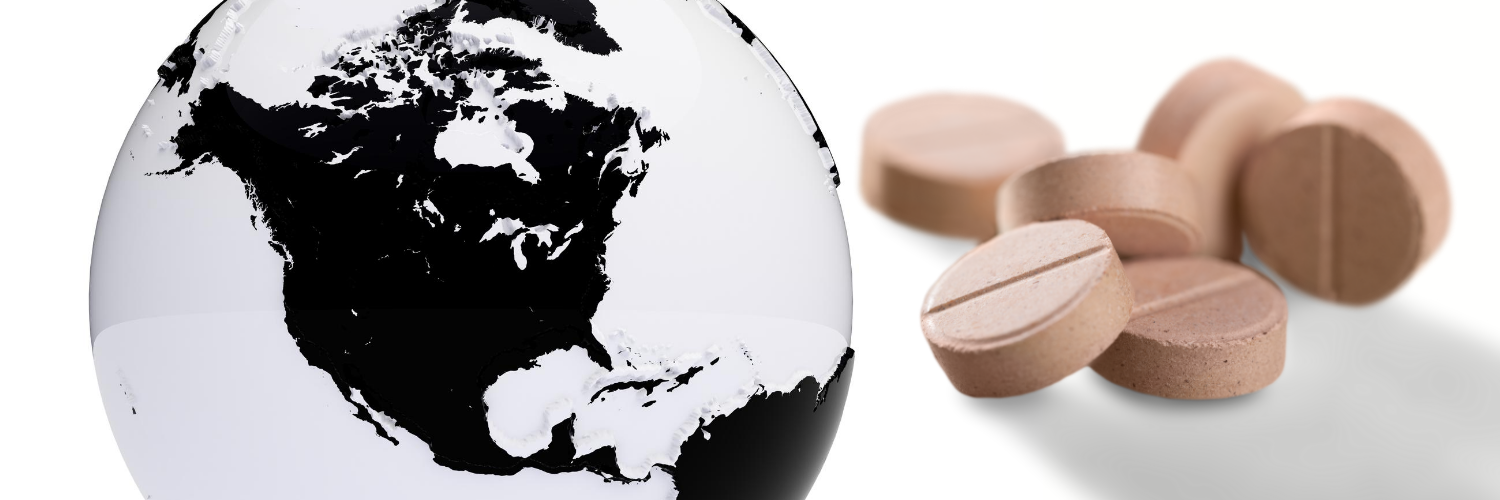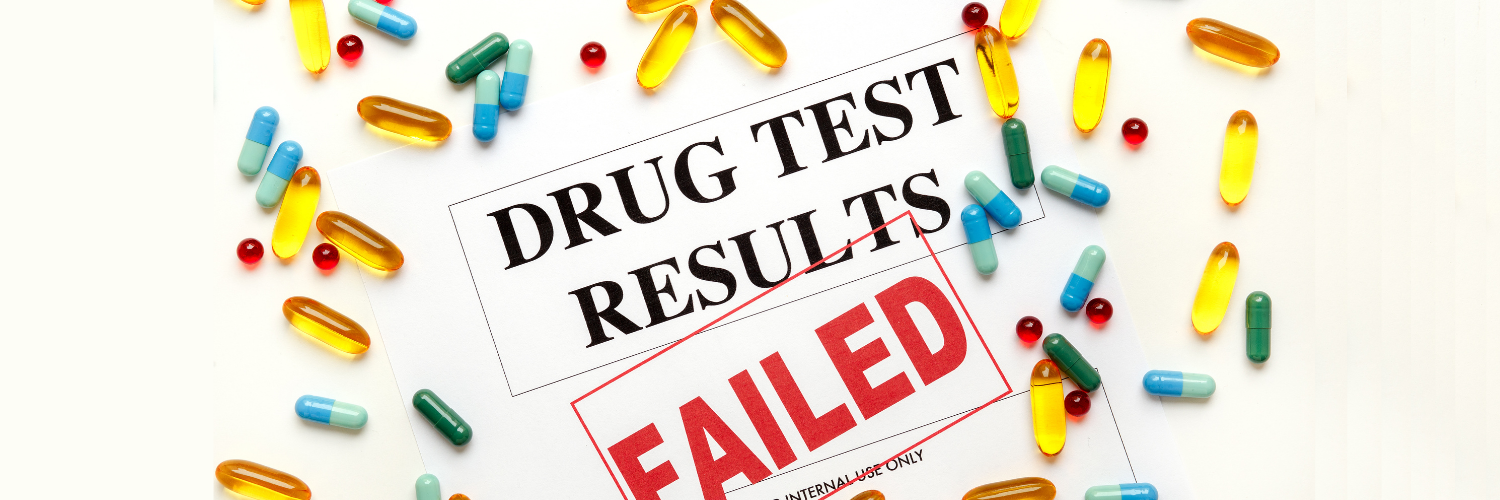Which is cheaper? Xarelto or Eliquis?

Correction: An earlier version of this post claimed that Eliquis was cheaper than Xarelto. This failed to take into account the commonly-prescribed dosage of taking two Eliquis pills per day vs. just one Xarelto. This has been corrected 11/25/2020.
Eliquis (apixaban) is almost half the price (per pill) of Xarelto (rivaroxaban). However, because Eliquis is widely prescribed to be taken twice daily, their impact on consumers' wallets is more or less the same. Neither of them has generic alternatives, which places patients in a difficult position: To pay through the nose for blood thinners, or risk a blood clot?
Eliquis averages $9.13 per pill at U.S. pharmacies, while Xarelto is closer to $18 per pill. Both are much cheaper at PharmacyChecker-accredited international pharmacies — with 88% and 89% discounts, respectively. What’s more, although the generic version of Eliquis (called apixaban) has yet to hit U.S. shelves, it is available to order from online pharmacies.
Eliquis and Xarelto belong to a class of drugs colloquially called “blood thinners,” also known as anticoagulants. They both prevent stroke by preventing blood clots, with Xarelto technically the first to earn FDA approval back in 2011 for “prophylaxis of deep vein thrombosis and pulmonary embolism” in patients undergoing hip or knee surgery. A year later, the FDA approved Eliquis for the prevention of stroke and “systemic embolism” (a blood clot in the artery).
Compare Eliquis (apixaban) vs. Xarelto (rivaroxaban) Prices |
||||
| Drug Strength Quantity | U.S. Average Retail Price | PharmacyChecker.com U.S. Discount Card Price | Lowest International Pharmacy Price | Greatest Percentage Savings |
| Eliquis (apixaban) 5 mg 60 tablets | $547.80 | $467.38 | $68.40 | 88% |
| Apixaban (generic) 5 mg 60 tablets | N/A | N/A | $55.99 | N/A |
| Xarelto (rivaroxaban) 20 mg 30 tablets | $552.30 | $466.52 | $60.09 | 89% |
Sources: Average U.S. Retail Price calculated based on pricing on GoodRx.com. U.S. Discount Card Price based on availability at pharmacies near Brooklyn, NY listed on PharmacyChecker.com. Lowest Accredited International Pharmacy Price based on prices listed on PharmacyChecker.com.
What are anticoagulants?
Anticoagulants are a drug class used to prevent “coagulation” — clotting — of the blood. Coagulation is important for your body because it is one of many ways the body heals. Our blood “coagulates” over a wound, creating the protective shell we call a scab. Coagulation can go awry in the “deep veins,” though, creating a blockage that can result in small system failures, like poor circulation to one part of the foot. Blood clot woes range from a pesky travel nuisance (you can get them from sitting on a plane for too long) to a perilous health condition.
The most common anticoagulant is warfarin (brand names Jantoven, Coumadin). Incidentally, warfarin is also the cheapest, at an average price of $0.40 per pill for the generic, per GoodRx. Warfarin works by preventing the body from using vitamin K, one of the fat-soluble vitamins essential for blood clotting. Eliquis (apixaban) and Xarelto (rivaroxaban) are part of a newer class of anticoagulants called Novel Oral Anticoagulants (NOACs), which actually arrived as part of an effort to replace warfarin.
What are NOACs?
Novel oral anticoagulants (NOACs) include apixaban, rivaroxaban, and dabigatran (Pradaxa by its brand name). They bear the same risks as warfarin — excessive bleeding due to injury — but are less “fussy” than the veteran anticoagulant. Warfarin requires frequent blood tests to determine proper dosage; if the dosage is slightly off, patients may experience blood clotting (too small of a dose) or excessive bleeding (too big of a dose). Excessive bleeding as a side effect includes heavy menstruation.
The newer anticoagulants have set doses and do not require frequent blood testing. Thus, they are a bit safer, given that patients do not run the risk of accidentally taking the wrong dose.
How can I prevent blood clots?
Blood clots are way more common in older adults, primarily because they are more sedentary than young adults. Some of the major causes of blood clots, according to the Mayo Clinic, are lack of movement (being sedentary), pregnancy, genetic factors, medication (like birth control), and smoking.
If you have blood clots frequently, you should talk to your doctor about potential risk factors. Birth control is a major factor in blood clots in young adults; if you think your contraception is causing blood clots, you may have to switch to a progestin-only form of birth control.
Another major risk factor, which the COVID-19 pandemic may have exacerbated, is immobility. Sitting for long periods of time, such as sitting on a plane or sitting at a desk inside working from home, can result in blood clots. This is why blood clots are sometimes associated with long international travel. If you think you’re sitting for too long at home, see if you can commit to moving at least once per hour!
Xarelto and Eliquis Side Effects
Per the insert itself, the most common side effect of Xarelto is excessive bleeding, which occurs in more than 5% of patients. Although it occurs a bit less frequently (>1% of patients) with Eliquis, excessive bleeding is the side effect of most concern per its insert as well.
Given their jobs, anticoagulants have a pretty clear side effect: If your blood cannot clot, you will not be able to effectively recover from injuries. This can be dangerous, particularly if a patient is at risk for internal bleeding due to a concussive injury.
According to the CDC, anticoagulant use is the number one reason for adverse drug event-related hospitalizations in older adults. In 2017, extensive bleeding due to blood thinners resulted in 235,000 hospitalizations.
Where is Xarelto manufactured? Where is Eliquis manufactured?
Xarelto sold in the U.S. has its active ingredient made in Germany. The finished product is manufactured in Puerto Rico (USA). Eliquis sold in the U.S. looks like its active pharmaceutical ingredient is made in Switzerland, with the final product finished in the USA.




